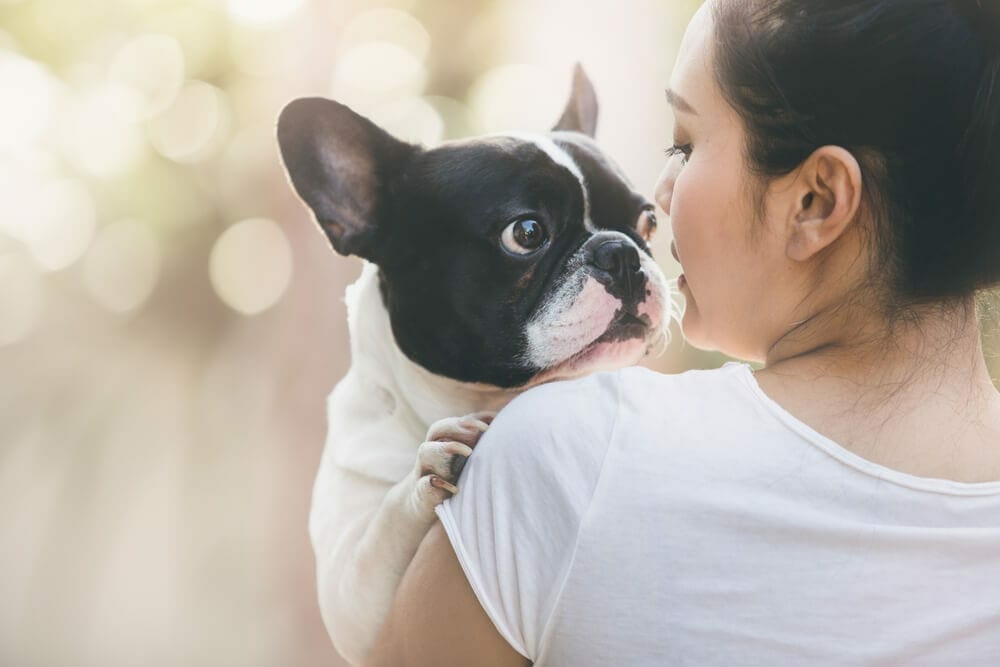Pet Fire Evacuation Plan
PIA Australia
January 17, 2018
With the thermostat rising to uncomfortable levels across Australia, the threat of fire is ever present.
“This can be a very scary time of year for many Australian families,” Nadia Crighton from Pet Insurance Australia says. “The threat of fire can be a real and terrifying threat to homes and lives.”
Pet Insurance Australia advises pet owners to always have a plan that also includes the family pet.
“In your emergency kit, also consider the family pet and pop some basics inside for a quick getaway,” she advises. “Also evacuate animals early, ask a friend or family member in a non-threatened zone to look after your pets until the danger reduces, and keep cats inside during high danger times.”
PIA also recommends having all pets microchip and collar details up-to-date and keeping emergency contact information on hand.
“Will You take my pet during an emergency?”
It’s a good idea to ask this question before any possible emergency. Also keep in contact, many people do go away during this time of year, so if your emergency-carer does go away, organise another before a fire erupts. Many of the emergency centres will not take pets, so having a plan in-place is very important.
- Family members who know the pet and live out of danger.
- Friends who also know your pet and live away from the fire area.
- Boarding kennels – call and have a plan in place.
- Veterinary boarding facilities away from danger
“Don’t delay in getting your pets out of harm’s way, once the evacuation notice is given get your pets to a safe area asap, road closures can happen quickly and you may not be allowed back into the area,” Crighton suggests.
Pet Evacuation Kit
- Crates
- Collar
- Lead
- Spare tags
- Water & Food bowls
- Enough water & food for a week
- Bedding
- Medication
- Vet contacts
Losing a pet during a fire is a devastating event for any family. Taking some precautions before the danger is imminent can help prevent the loss of life.
“If you do lose your pet during a bushfire alter the local RSPCA and give a good description of your pet, microchip information and area last seen,” Crighton says. “This will help immensely when reuniting pets and owners.”

8 Comment